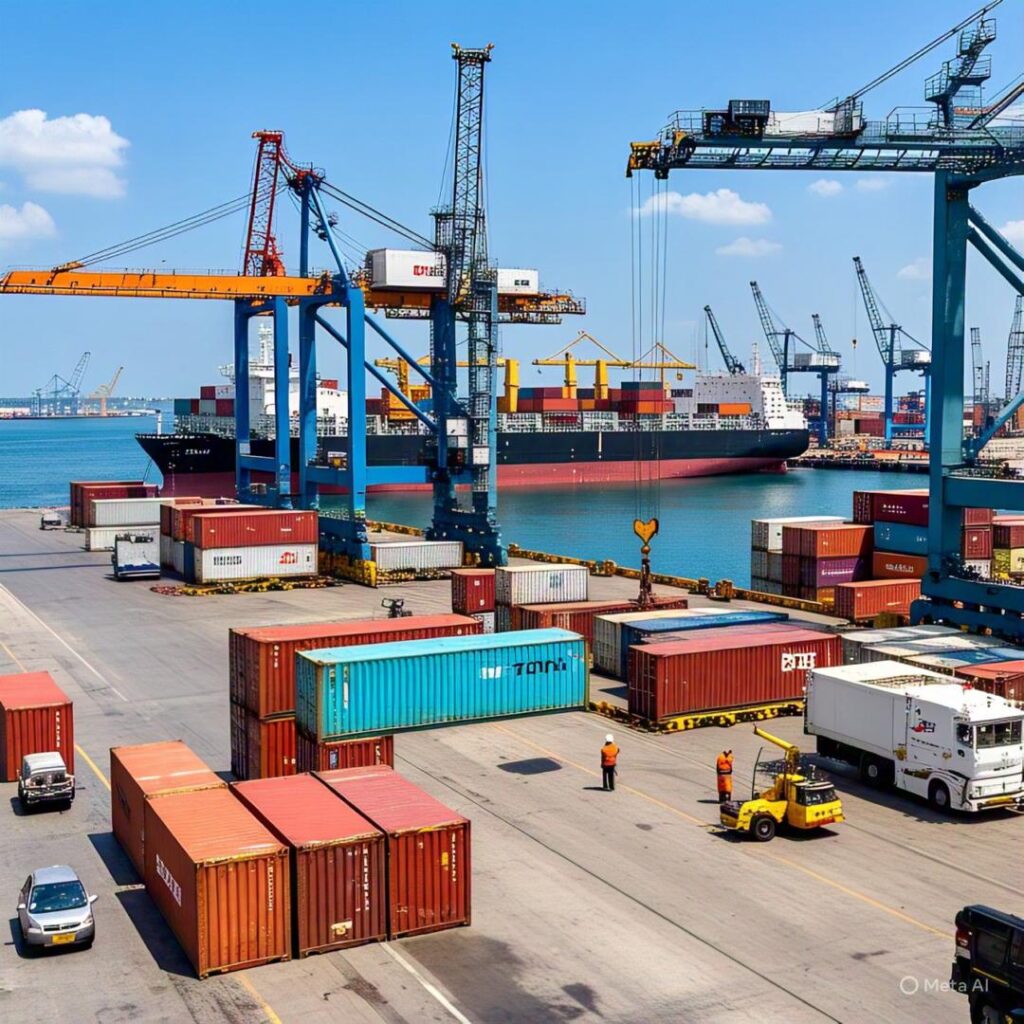The proficiency export businesspersons need
This is the seventh in a series of articles written to advise the President of the Federal Republic of Nigeria on what must be done to grow the non-export volume to match and surpass that of crude oil and gas exports. In this edition, I will focus on policies relating to boosting the proficiencies, that is, the skills and competence of the exporters to effectively and efficiently manage their export business transactions in Nigeria.
Therefore, the guideline being suggested here aims to grow the non-oil export volume by increasing the capacity of exporters, particularly intending exporters, to manage the export business successfully and sustainably. This policy on improving the proficiency of intending and current exporters is aimed at growing the non-oil export volume by growing their export business management skills. This involves the deployment of capacity-building programmes in export business management to boost the skills of the members of the management team of export businesses in the country.
The essential aspects of the recommended policy to boost the capacity of the businesses to effectively and efficiently manage export business should include export products management, export market development, export quality management, export contract order management (export logistics and supply chain management) export documentation management, export pricing management, export payments & foreign exchange management, export risk management, managing trade finance instruments and understanding export cultural intelligence.
The most crucial factor in export business is the item being exported. This is what creates the demand and also determines the payment. Therefore, an exporter must be adequately equipped through capacity building. This will help them to have a good understanding of the product, particularly the parameters of the quality specifications, the pitfalls to avoid during shipment to the destination and packaging requirements to keep the goods in optimal condition throughout the journey to the destination market.
Many businesspeople believe that one of the significant challenges in export business is getting buyers abroad. This is why the policy on the proficiency of exporters in the country must cover capacity building on export market development, which is indispensable. This will help the exporter understand the export market entry strategies, the pros and cons of various export marketing channels, how to maximise international trade fairs, and the protocols to follow in getting buyers abroad, among other things.
One of the significant challenges for exporters has been the risk of not getting paid after shipment, which can be due to the importer’s receipt of substandard goods. This is why this policy must include capacity building on export quality management. This will involve understanding the product quality specifications, the requisite certification requirements, the quality control measures, and how to arrange to inspect the goods before they ship.

In some cases, one of the things that could cause a delay in payment is the export contract or order management, coupled with the export logistics and supply chain management. Having completed the production and ensured quality control with good packaging, the buyer might still be unable to get the expected payment if the shipment is not delivered within the period agreed upon with the buyer. This is why this policy on capacity building must include export contract order management, logistics, and supply chain management.
International trade is essentially a business of documentation, and thus explains why a buyer can pay for the goods before arrival at the destination port. However, the document must be complete and devoid of discrepancies compared with the signed contract and letter of credit from the importer’s bank. International Chambers of Commerce reported that 70% of documents presented globally under letter of credit transactions are discrepant. This underscores the need for the policy on exporters’ proficiency to cover export documentation.
The policy proficiency of intending and current exporters should also cover capacity building in the pricing of export products. The goal of the export business is to be profitable because this is necessary for the business’s sustainability. The profitability of the business is dependent on competitiveness, and this is based on the costing and pricing of the export product.
One of the significant risks associated with export business is the payment default risk. So, it is necessary to understand the payment method in export business. This policy on proficiency should therefore include understanding the transaction dynamics, merits and demerits of each method and how to mitigate the risks inherent in each payment method and trade finance instrument. In addition, the policy must be deliberate about equipping exporters with the proficiency required to mitigate other export business risks, particularly the risk of rejection of goods at the destination port and foreign exchange risks.
READ ALSO: What President Tinubu must do to grow Nigerias non-oil export (6)
The concept of cultural intelligence has gained much attention in recent years. This is due to the critical role it plays in the success or failure of a business that is trying to enter new markets abroad. Therefore the policy on of government on the proficiency of exporters needs to cover cultural intelligence relating for the strategic exports market that the government wants to target for export of Nigerian goods
In conclusion, I firmly believe that if the policies regarding exporter competencies discussed in this article are taken into account and fully implemented by the government, it will significantly enhance the capabilities of both current and prospective exporters. This, in turn, will help the government achieve its goal of increasing the volume of non-oil exports in the country, ultimately positioning this sector as a major source of foreign exchange earnings for the nation.
Bamidele Ayemibo is the chief executive officer at 3TImpex Trade Consulting
READ THE OTHER ARTICLES IN THE SERIES BELOW.
What President Tinubu must do to grow Nigeria’s non-oil export (6)
What President Tinubu must do to grow non-oil export in Nigeria (5)
What President Tinubu must do to grow non-oil export in Nigeria (4)
What President Tinubu must do to grow Nigeria’s non-oil export (3)
What President Tinubu must do to grow non-oil export in Nigeria (2)
What President Tinubu must do to grow non-oil export in Nigeria (1)
Support PREMIUM TIMES’ journalism of integrity and credibility
At Premium Times, we firmly believe in the importance of high-quality journalism. Recognizing that not everyone can afford costly news subscriptions, we are dedicated to delivering meticulously researched, fact-checked news that remains freely accessible to all.
Whether you turn to Premium Times for daily updates, in-depth investigations into pressing national issues, or entertaining trending stories, we value your readership.
It’s essential to acknowledge that news production incurs expenses, and we take pride in never placing our stories behind a prohibitive paywall.
Would you consider supporting us with a modest contribution on a monthly basis to help maintain our commitment to free, accessible news?
TEXT AD: Call Willie – +2348098788999





